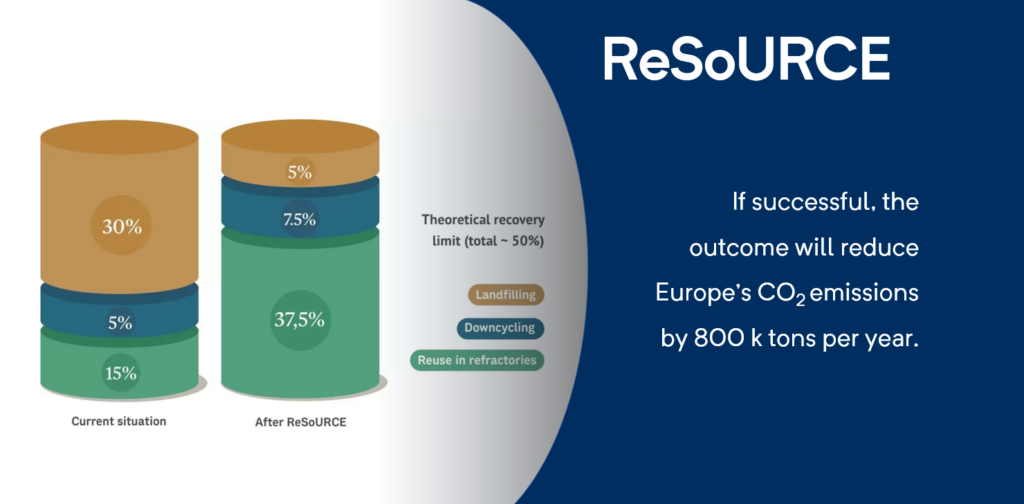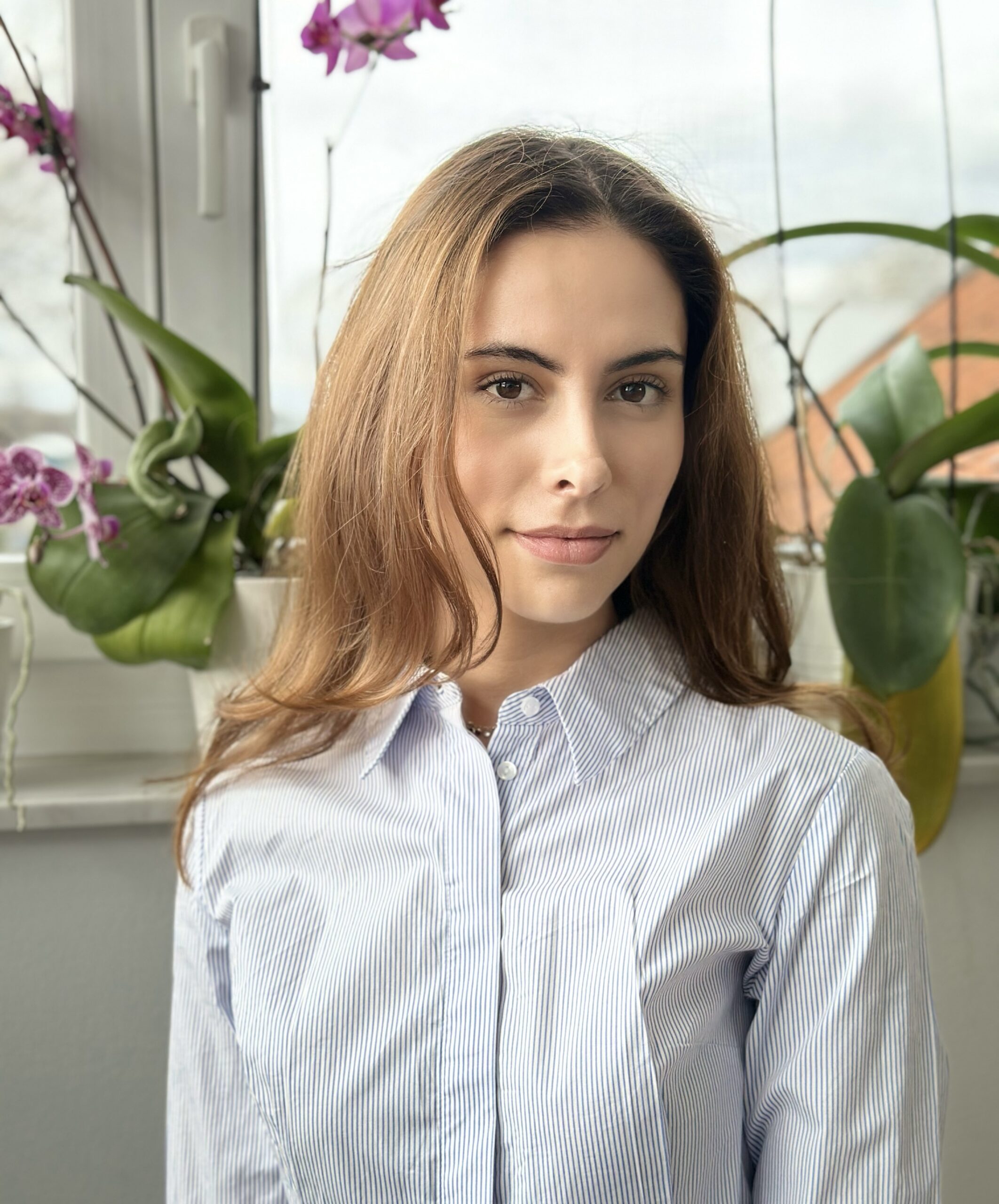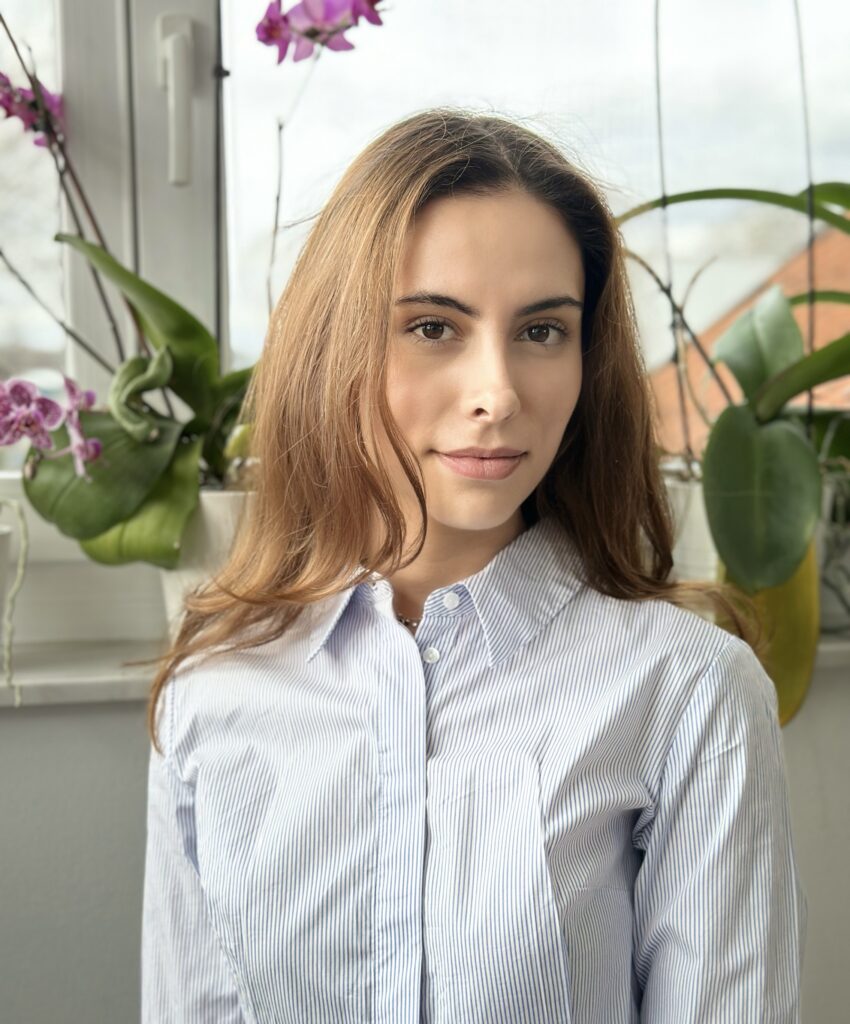The EU Green Deal: Leveraging R&I to advance Europe´s Net Zero Goals for 2050

The European Green Deal aims to address the existential threat of climate change and environmental degradation by transforming the EU into a modern, resource-efficient, and competitive economy. It sets ambitious goals, including achieving net-zero greenhouse gas emissions by 2050, decoupling economic growth from resource use, and ensuring inclusive progress leaving no one and nothing behind.
It outlines a transformative shift towards a climate-neutral continent by 2050, with member states committed to reducing emissions by at least 55% by 2030. This initiative promises various benefits, including opportunities for innovation, investment, and green jobs creation.
The green transition presents a major opportunity for European industry by creating markets for clean technologies and products. For this reason, the Green Industrial Plan was introduced to boost Europe´s net zero industry and to accelerate the transition to climate neutrality. To secure Europe’s place as the home of industrial innovation and clean tech, massive investments must be made in funding research and innovation.
Driving European R&I to Accelerate the Roll-out of Strategic and Sustainable Tech Deployment
Horizon Europe is the EU’s key funding programme for research and innovation (R&I). To step up the technological developments, the EU has invested 40 billion in R&I for the European Green deal. EU investments in these fields play a pivotal role in fostering the development of technologies that support the growth of more sustainable industrial value chains through Europe.
One such initiative, the ReSoURCE project, has attracted significant attention due to its potential impact on industry transformation and revolutionary advancements in refractory recycling. With the capacity of broader application beyond its initial scope, the project holds promise for revolutionizing recycling processes in the industry.
Given the high carbon intensity of the refractory industry, reducing CO2 emissions is crucial. The utilization of secondary raw materials presents an opportunity to mitigate impact, particularly by reducing extractive processing in raw materials mines. Through innovative recycling methods of spent refractories, substantial CO2 savings can be achieved. However, enhancing the efficiency of recycling processes requires the development of new technologies, particularly in automated sorting solutions.
The ReSoURCE consortium is actively engaged in innovating the full process chain of refractory recycling with AI-supported multi sensor sorting equipment as its core technology. Through these efforts, ReSoURCE contributes to advancing circular economy principles and supporting the transition to a more sustainable industrial landscape.
ReSoURCE will join the EU Missions and cross-cutting activities info days to gain more insights on how our project can further contribute. If you are interested in funding opportunities helping to reach the EU mission goals in the areas of climate and the environment and would like to contribute bringing concrete solutions to some of the greatest challenges facing our society, then join this event on April 25-26. The event aims to inform potential applicants about the new topics included in the EU Missions and Cross-cutting Activities work programme 2024.

Author´s Portrait
Sofia Iriarte
Sofia is project ReSoURCE´s Science Communicator. She studied Advertising and Public Relations and has a MSc in Communication Science from the University of Vienna. Currently, she is part of the Innovation Management team and Global Communications at RHI Magnesita.
Partner

